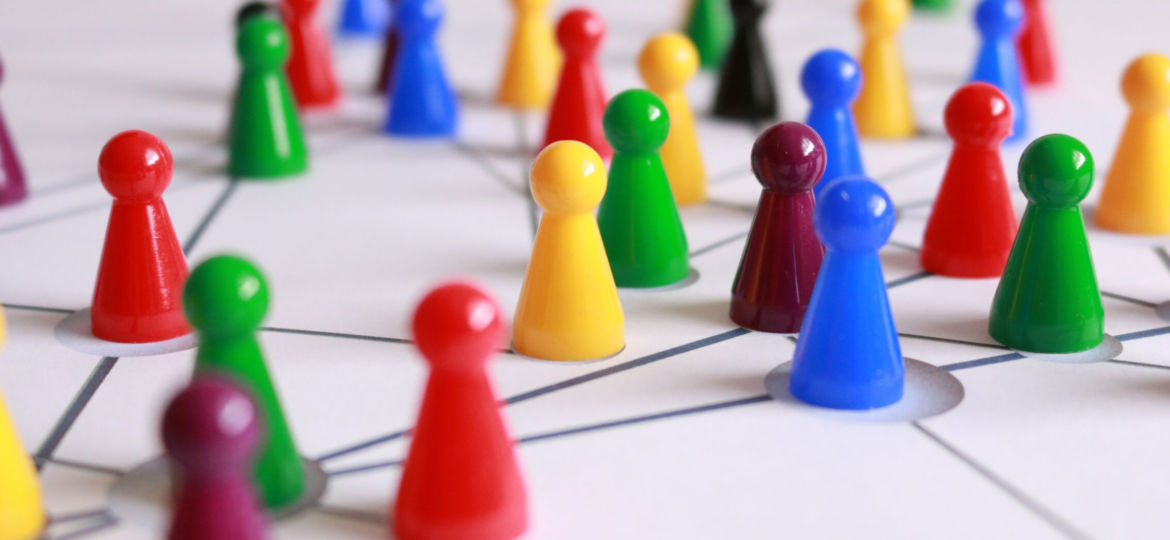The 2021 edition of European Media Literacy Week, coordinated by the European Commission Directorate-General for Communications Networks, Content and Technology, took place online on 27 and 28 October in the context of the UNESCO Global Media and Information Literacy Week. On 28 October, EDMO organized the workshop “United against disinformation: EDMO’s work on media literacy”. The event, moderated by Sally Reynolds (Media & Learning Association and EDMO Advisory Board), provided the opportunity to learn about the significant contributions that EDMO and its national hubs are planning to make in the field of media literacy. Emma Goodman (London School of Economics and Political Science) from EDMO central opened the workshop by presenting its focus on supporting existing and new efforts by media literacy practitioners in the field, including of course the national hubs in their media literacy work. Specifically, EDMO will offer an overview of the media literacy advancements in Europe by setting up country profiles, a directory collecting relevant case studies of media literacy projects, and a forum for knowledge exchange and networking in what remains a fragmented community.
The wide diversity of the EDMO community was represented by the presence of the Italian Digital Media Observatory (IDMO), the Central European Digital Media Observatory (CEDMO), the Iberian Digital Media Research and Fact-Checking Hub (IBERIFIER), the NORdic observatory for digital media and information DISorders (NORDIS), the Belgium-Luxembourg Research Hub on Digital Media and Disinformation (EDMO BELUX), France’s DE FACTO Observatory of Information and EDMO BE/NL (BENEDMO).
The national hubs presented their plans in the field of media literacy, which demonstrated the great potential of EDMO’s network to concretely tackle disinformation, aiming to reach European citizens across the member states. For the coming year, the national hubs are developing ambitious projects such as teacher trainings on delivering media literacy courses, media literacy workshops for journalists and other professionals who are seen as multipliers in the spread of knowledge, integration of media literacy in the classroom via meetings of practitioners with students, and educational games for direct training of children and young people as well as video-campaigns and podcasts.
The event was also as an occasion for the EDMO National Hubs to connect with the European media literacy community attending the event and to foster wider opportunities for collaboration with new partners in the field. Among the topics discussed was the urgent need for a unified framework for assessing the impact of media literacy initiatives, taking into account the various self-assessment and evaluation mechanisms that already exist. The national hubs also emphasized the pressing necessity for coordination in the field of media literacy in Europe, and the key role that EDMO could play in the exchange of knowledge and best practices between media literacy actors.
